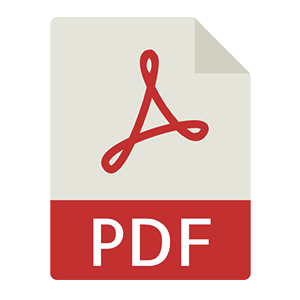Economic Updates on Covid 19
The Economic Planning Board for Kenya shared an economic update specifically around the economic impacts of COVID-19. This detailed update is available on the AKJI portal .Specifically, businesses should consider the following:
- Reduce reliance on a single market or channel for sourcing products and seek alternate supply solutions;
- Review expectations of revenue generation for 2020, especially on the key lines of business impacted;
- Ensure availability and access to capital to withstand shocks and meet financial obligations. Many countries around the world have seen a total shutdown of their economic activity for an indefinite period and we need to be prepared for such an eventuality;
- Maintain a savings cushion that is readily available if required. Liquidity in the financial system can become sparse in times of stress; savings should only be deposited with sound financial institutions that benefit from a strong credit rating and a low cost of funding;
- Avoid excessive leverage and minimize currency mismatch (for instance borrowing in US Dollars when revenues are in Kenya Shillings);
- Scale back or defer aggressive expansions plans or speculative ventures;
- Minimize unnecessary expenses and maintain low overheads;
- In line with the Government Directive and when possible encourage remote working for nonessential staff and provide working conditions that minimize transmission risk;
Minimize unnecessary spending and continue to be prudent with personal finances. Also in line with the Government Directive to reduce the risk of transmission, we highly encourage the public to conduct cashless transactions using mobile money and debit or credit cards.
FAQs of COVID 19 TESTS (Part 1)
In the past weeks there has been an increase in individuals being tested for COVID-19 with 637 cases reported POSITIVE today. Many questions around the TESTING PROCESS and the RESULTS need to be answered comprehensively. We have put together some frequently asked questions and given our response to them in a way we believe will be helpful to you.
- If you have signs and symptoms of COVID-19: persistent cough, fever, shortness of breath, loss of smell/ taste.
- If you have been in close contact with someone who has tested POSITIVE for COVID19.
- If you are required to do so by a return-to-work Policy.
- It is slightly uncomfortable but should not be painful.
- The most infectious period is thought to be 1 to 3 days before symptoms start, and in the first 7 days after symptoms begin. In asymptomatic individuals they can be infective for 14 day.
- Yes, if you are in the early stages of the infection and the virus has not replicated enough.
- Yes, If the samples taken were not adequate.
- Yes, if you are exposed to COVID-19 after the test and get infected then.
- Yes, this is normal as most COVID positive patients recover after 14 days
- Yes, if the 2nd sample is not adequately collected.
- Yes, you may test negative if the sample was collected early in your infection and you test positive later during the illness.
- Anyone with exposure to an infected person even if the person has no signs or symptoms.
- Yes, children can get COVID 19 but fortunately they seem to have a very mild illness.
- If someone has been symptom-free for 3 days and they developed their first symptoms more than 10 days prior, (total of 14 days) they are no longer considered to be infectious.
- If someone was asymptomatic and they have self quarantined for 14 days.
- No, most young people in Africa are asymptomatic and they tend to be the fastest spreaders due to lack of symptoms. However, the cases are rising and they pose a serious risk to the elderly in the villages, those who are retired and have underlying illnesses.
- Many individuals who TEST POSITIVE for COVID19 are ASYMPTOMATIC MEANING THEY HAVE THE VIRUS BUT THEY DO NOT HAVE SYMPTOMS. They are still capable of spreading the infection and therefore it is VERY IMPORTANT for them to practice physical distancing, wear a mask and observe proper hand washing.





